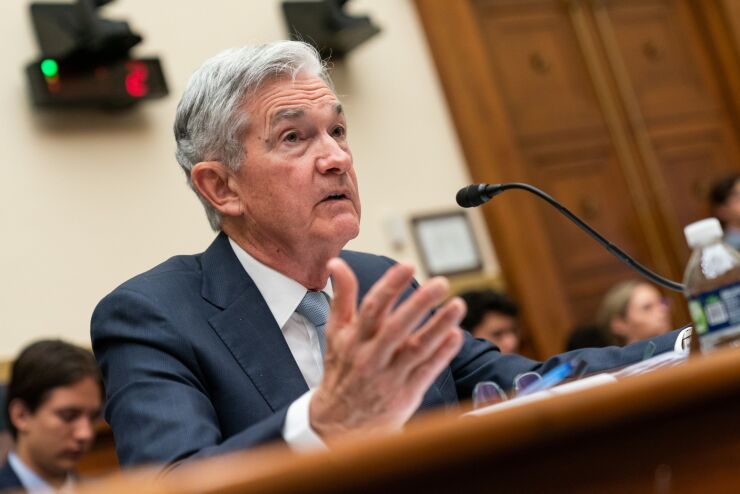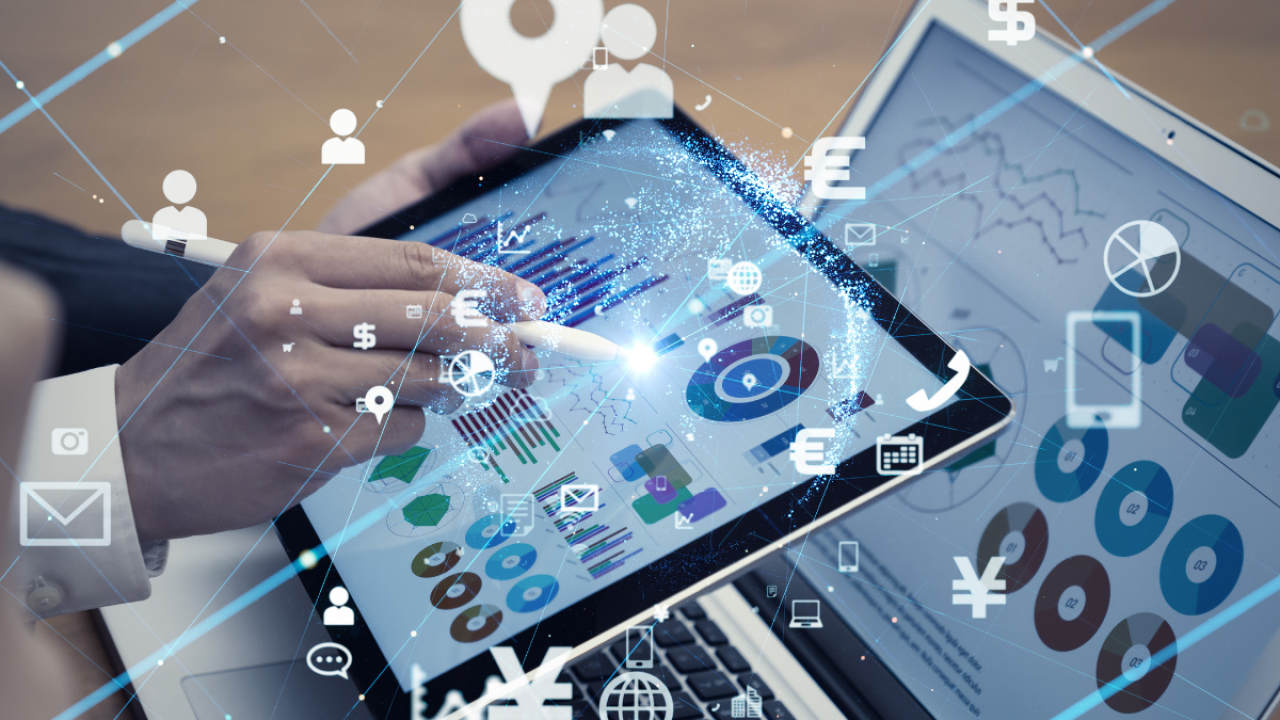Long-held economic theory says that the mere expectation that inflation will accelerate will
If people fear that the economy is about to take a turn for the worse, they will reduce spending, trade down to cheaper brands, postpone consumption and economize in general. The net effect if enough people take such action: a recession. And guess what? The part of the University of Michigan’s latest monthly index of consumer sentiment that shows whether people say it’s a good time to buy a major household item has fallen to a record low in data going back to 1980. The same goes for buying a vehicle. Buying a house is only slightly better, only dropping to its lowest since 1982.
America might be talking itself into a recession despite one of the
“Inflation psychology” is back, complicating financial planners’ discussions with unnerved retirement savers.
There is usually a definable turning point for an economy, one single event or catalyst that starts a recession. In 2008, it was the bankruptcy of Lehman Brothers. The collapse of a huge Wall Street bank caused consumption to begin falling almost immediately. It wasn’t until 2013 that consumers became convinced that the recession had passed. Sure, the stock market had rallied in those years, and the job and housing markets had recovered, but people still had their doubts, resulting in the slowest recovery following any major downturn on record.
Now, we may look back upon a government report on June 10 showing the consumer price index rising 8.6% in May from a year earlier as this economy’s turning point. Since then, the Federal Reserve Bank of Atlanta’s widely followed GDPNow Index, which aims to track the economy in real time, has turned negative for the second quarter, reaching its lowest point since the early days of the pandemic and the lockdowns in 2020.
An economy is an endlessly complex system, made up of billions of decisions people make each day. People are very perceptive when it comes to the economy. If they detect even the slightest increased possibility that they might lose their job or their income or not get a raise, they will cut back on consumption. This is done in subtle ways. For example, as the pandemic eased and people emerged from their homes, it was impossible to get a reservation at a local restaurant. Now, it is not so hard because more people seem to be making the same decision, which is that eating at a restaurant is increasingly out of reach for many. The last CPI report showed the cost of full-service meals has risen faster than overall inflation.
Ted Benna, the father of the 401(k), chats with Mindy Zatto of Strategic Benefits Advisors on the evolution of the retirement space, crypto investing and preparing workers for the day-to-day of retirement.
What makes the current economic situation so interesting is that usually people lose confidence when there are job losses, not before. This time, the labor market is stronger than ever, with the unemployment rate a miniscule 3.6%. And yet people are despondent.
Economists have been trained to discount “soft” economic data such as sentiment surveys because it was always better to watch what consumers actually do — the “hard” data — and not what they say. Right now, the hard data is saying we’re not in a recession, but my guess is those statistics will take a turn for the worse sooner rather than later. So much of the economy is predicated on sentiment, and the last few months have seen a massive destruction in confidence.
If people believe there is going to be a recession, there isn’t anything anyone can do to make them believe otherwise. I mean, you can’t just ask them to cheer up. Sure, the Fed could cut interest rates, but this would be the worst possible time to make such a move and it’s just not going to happen. If it’s true that inflation is always and everywhere a psychological phenomenon, then so is recession.








